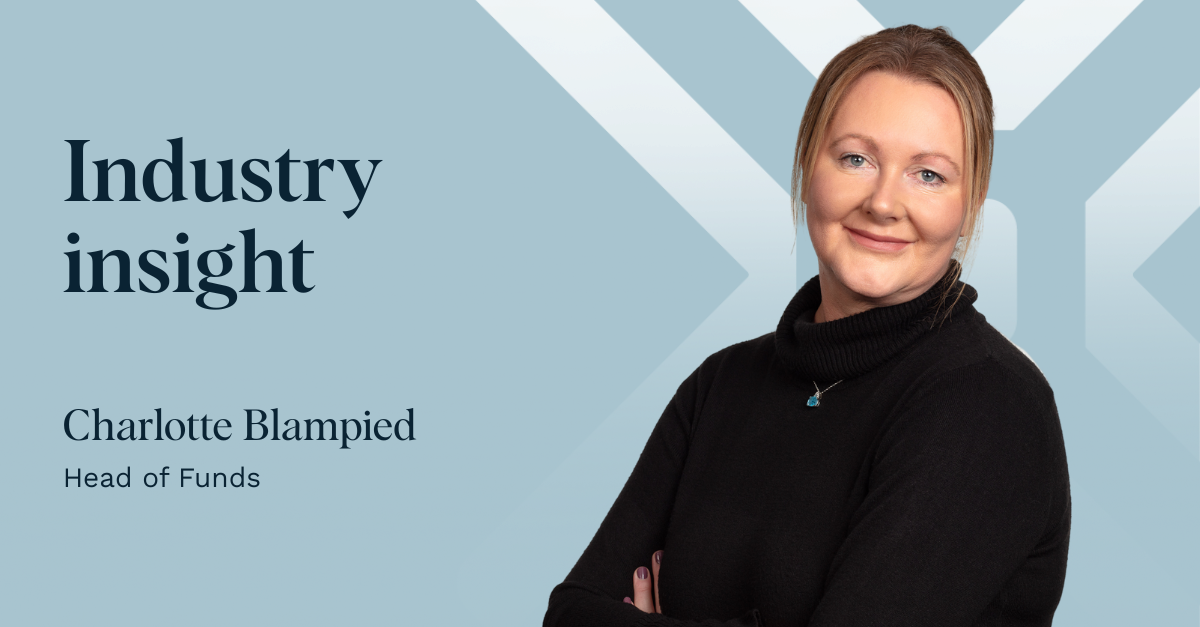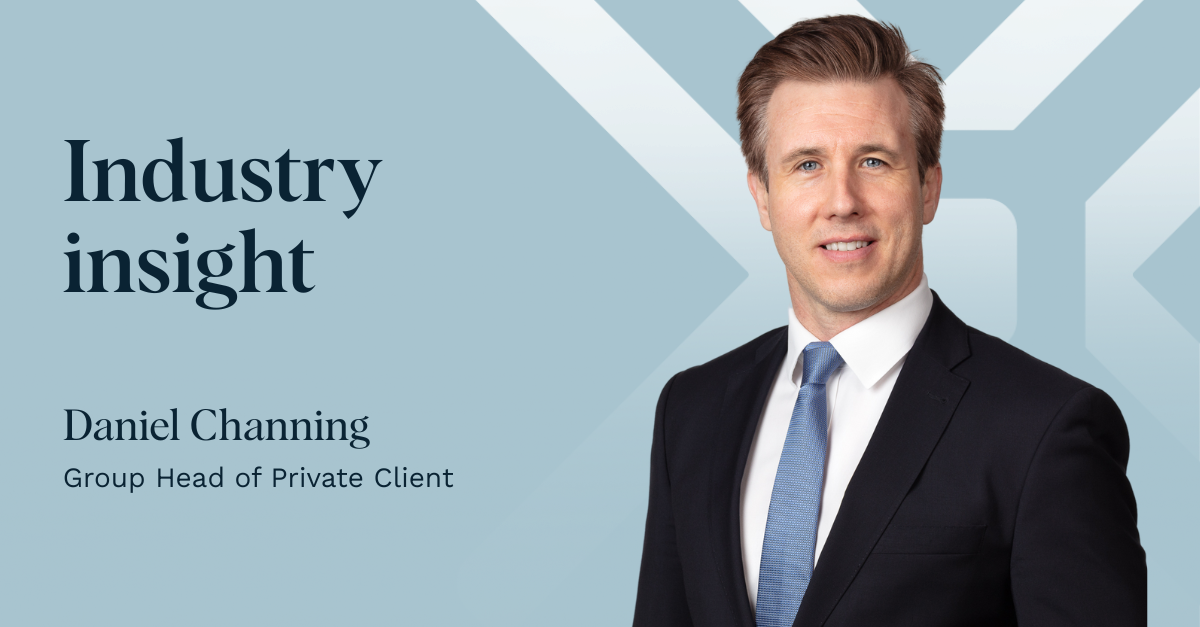Perma-crisis has been a term often used to describe the previous half decade (since the inception of the COVID pandemic in 2020) and refers to the constant state of economic, geopolitical and environmental volatility that we now exist within.
The pertinence of this term has only been reinforced with the continued tensions in Ukraine, uncertainty over stability in the Middle East and, now, global economic volatility driven by an international trade and tariff war.
In this article Daniel Channing, Group Head of Private Client, analyses how an effective governance strategy can play a critical part in helping families to withstand continued perma-crisis conditions.
Clearly identify risks
It is important for any family to firstly set out what it believes to be its own risk exposure specific to circumstances and the environment which it operates within.
This means identifying their perceived top risks and quantifying the exposure they have to each.
Once they have clearly articulated and documented that aspect, the current and potential impact of each risk can then be mapped and assessed.
Advisory and risk committees can provide a resource to support the family in assessing risk
We often see families recognise the value of having an advisory or risk committee to support in the exercise referred to above.
These committees can provide independent insight and guidance on critical aspects of risk and or risk mitigation; often able to challenge and support the family and to tease out the risk exposure and what, realistically, can be done to mitigate those risks.
Committees can be formed from within the family however, in a growing number of cases, external parties are appointed to sit alongside family representatives. Seeking external individuals with specific expertise can fill skills gaps or provoke independent thought and challenge to achieve a better outcome.
Establish an effective governance strategy
In its most basic form, a governance framework is designed to provide a family with the toolkit to cope with, adjust to, or seek to reduce the impact of volatility in pursuing their wealth and succession strategies.
In practice this means putting in place a strategy to assess and monitor the risks identified continually, together with the implementation of operational frameworks specific to each risk identified; each designed to seek to reduce or mitigate the impact of that risk on the family.
A common misconception is that, once established, a well-designed governance framework will have eliminated exposure to volatility risk altogether. This is not the case as the volatility is often driven by factors outside of the family’s control. Instead, a well-designed governance strategy will inherently be a framework which allows the family to cope with any volatility whilst seeking to minimize its negative impact.
Formalised legal structure can be beneficial to support any governance framework
Many families have seen benefit of using formalised legal structuring to entrench the governance framework into the management and administration of the family’s wealth.
The legal structure of, for example, a company or a trust can allow specific roles to be allocated or mandated to the risk and advisory committees specific to the vehicles that hold the wealth.
Legal structures can also more easily segregate assets for diversification and asset protection purposes as well as facilitating more formalised information flows (information being a critical aspect to allow real-time management of the governance strategies employed).
Conclusion
Understanding and managing risk is a well-recognised concept by families within their business enterprises. Taking a similar approach by formalising the assessment and management of risk within their wider wealth is a logical and important step.
An effective governance strategy will form the backbone to enable families to successfully achieve this.
Whitmill provides governance, administration, corporate and fiduciary services to UHNW families and single family offices. To speak to Daniel to find out more please email daniel@whitmill.com

